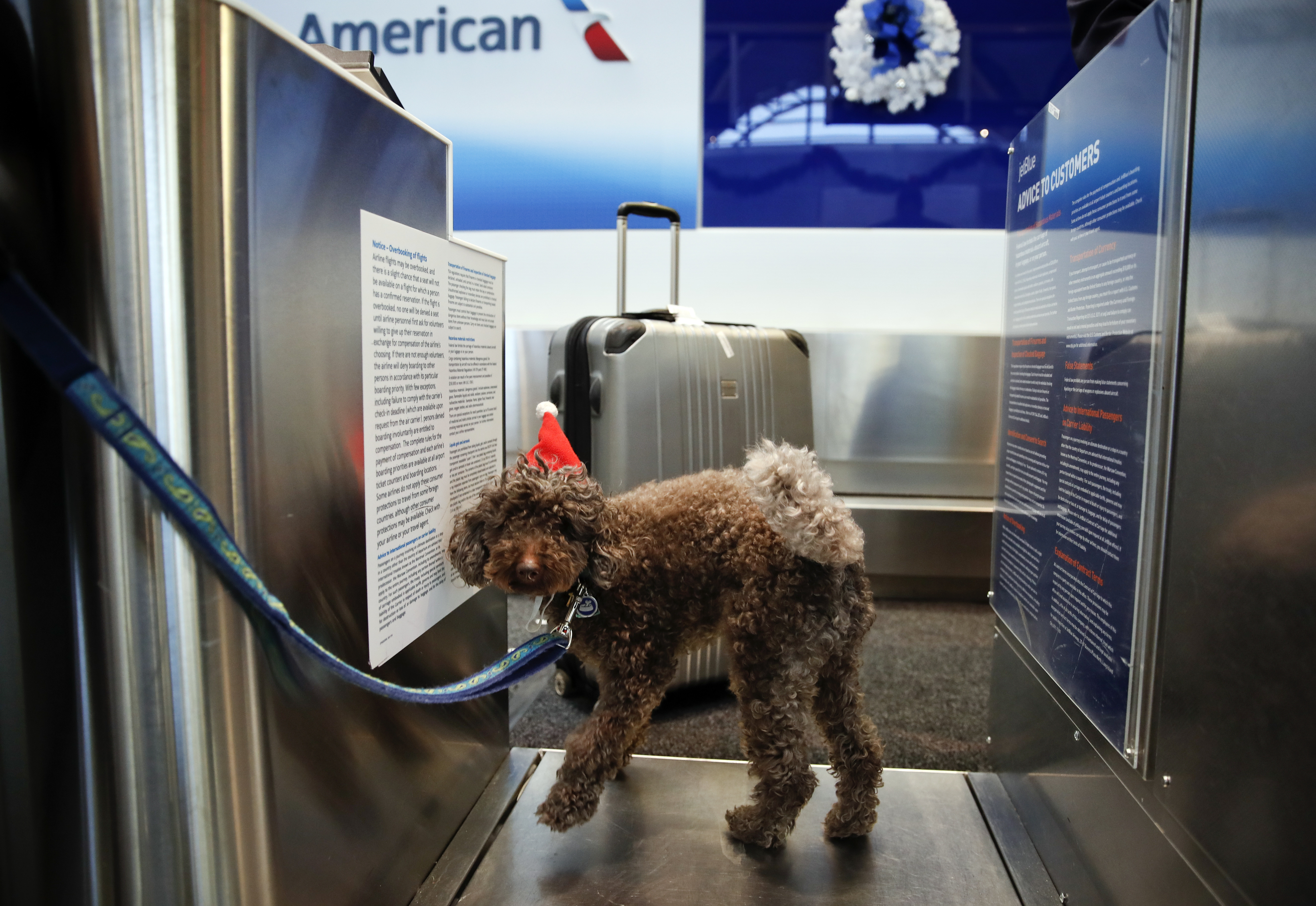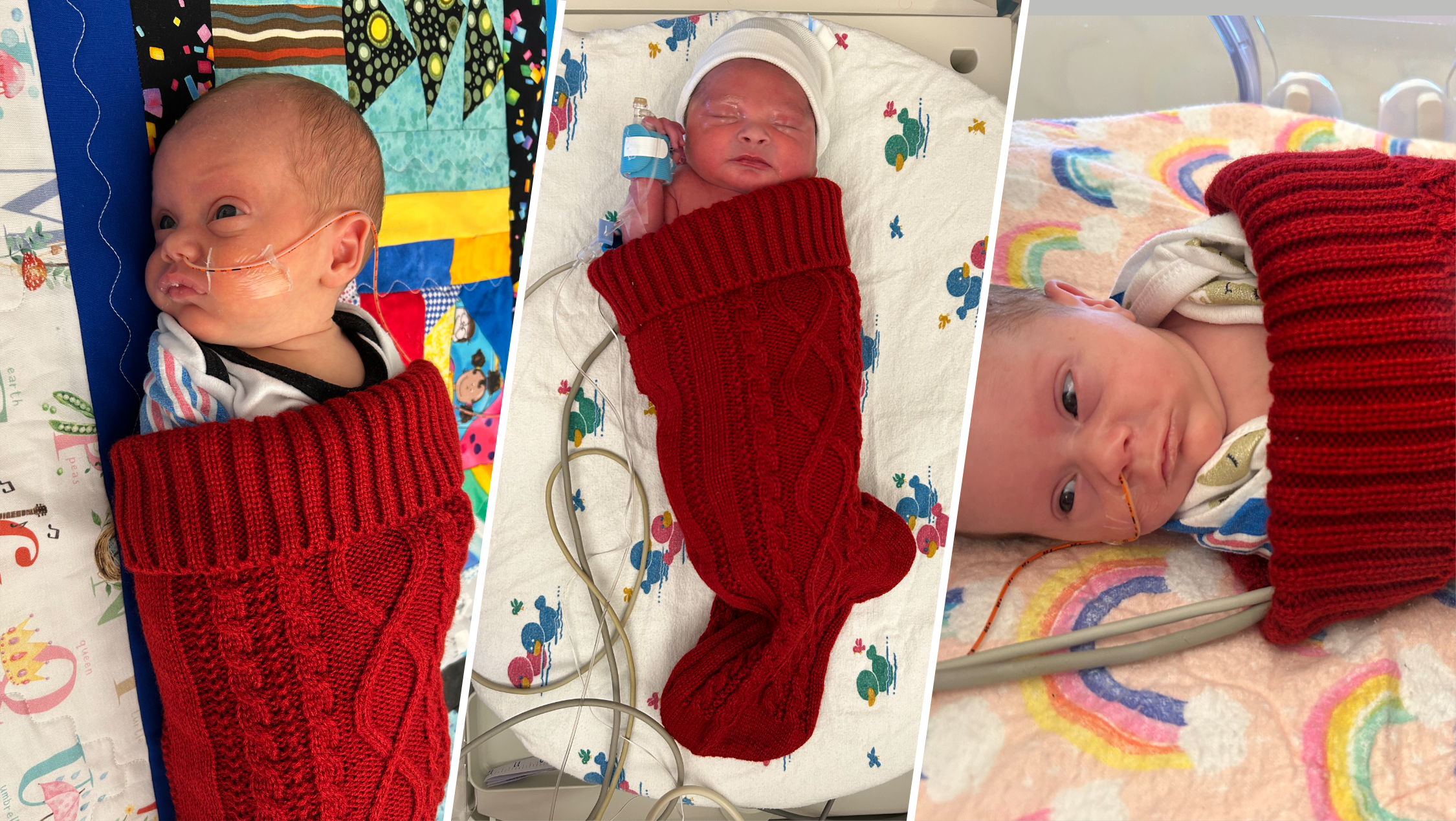If Bill de Blasio felt like he was the victim of a wrestling-style tag team in last month’s mayoral debate, Tuesday night must have felt like a battle royale.
De Blasio, the city's public advocate and the Democratic primary's latest front-runner, blocked and dodged attacks from all four of his opponents, a likely prelude to the campaign's final days.
The rivals accused him of changing his mind on a variety of issues, from term limits to property taxes to his position on City Council "member items" that eventually became the subject of a federal criminal investigation under the leadership of another candidate, City Council Speaker Christine Quinn. In each case, de Blasio defended himself by saying, essentially, that he made decisions based on what he thought was best for New York at the time.
But the one issue that his opponents returned to repeatedly was the centerpiece of de Blasio's campaign: a proposal to raise taxes on the rich to pay for universal pre-kindergarten.
They argued, as many critics have, that the plan isn't likely to succeed, because it requires support in Albany, where state lawmakers face re-election next year.
De Blasio pointed out that three past mayors got tax hikes approved by the state legislature when the city needed them. He said his competitors lacked vision.
"We'll have support on the ground from the people, and that's what matters," he said.
Local
The others weren't satisfied.
"We can't have pie-in-the-sky promises for New York parents when they're desperate for real change," Quinn said.
The attacks on de Blasio -- which began at a debate last month, in which he complained of being "tag-teamed" by Quinn and former Comptroller Bill Thompson -- have intensified as he has surged from the middle of the pack to first. A Quinnipiac University poll released hours before Tuesday’s debate showed de Blasio with the support of 43 percent of likely Democratic voters. The results have fueled speculation that he could be in a position to win 40 percent of the primary vote needed to avoid an Oct. 1 runoff.
Quinn, once the clear front-runner, has fallen to the middle of the pack with Thompson, and is now scrambling to be included in a two-person runoff -- if that happens.
Tuesday’s debate, broadcast live from the studios of NBC 4 New York, was the final one before the Sept. 10 primary. The general election will be held Nov. 5.
Thompson has run a slow and steady campaign that has been relatively free of aggression. He picked his spots on Tuesday, occasionally jabbing de Blasio, and, less frequently, Quinn and the current comptroller, John Liu.
A key moment came when all the candidates were asked if they would consider hiking property taxes to pay for raises for city workers.
De Blasio, Quinn, Liu and former New York Rep. Anthony Weiner all said, "No."
Thompson equivocated, saying it wasn't a yes-or-no question, seeming to leave tax hikes open as a possibility. Then he accused de Blasio, Liu and Quinn of voting as council members to raise property taxes in the past.
All three said the votes, taken in the aftermath of 9/11, were needed to help put the city back on sound economic footing.
While de Blasio took the most flak, Quinn came under harsh questioning herself -- mainly for backing Mayor Bloomberg's bid to change city laws that allowed him to run for a third term. That issue has arguably been Quinn's biggest liability among voters this year.
Her main attacker on Tuesday was de Blasio.
He repeatedly accused her of making a "backroom deal" with the mayor and "violating the will of the people" while he "led the opposition" to the repeal.
She in turn pointed out that de Blasio had spoken in support of repealing term limits in 2005, when he was running against Quinn for council speaker.
"It was a statement to get votes from council members, and when you weren't running for speaker you changed your mind," she said.
De Blasio insisted that he'd made his point "abundantly clear." He added that it took "real chutzpah" for Quinn of all people to criticize him on the issue.
Quinn then tried to keep de Blasio on the defensive, pointing out recent reports showing that he had accepted campaign contributions from developers who have appeared on his “Worst Landlords Watchlist.”
She suggested that de Blasio had softened criticism of landlords who'd donated money to him.
"I see someone who's talking out of both sides of his mouth and hasn't delivered," she said.
A point barely mentioned during the argument was that Quinn has also taken money from some on the list.
Thompson piped in, accusing de Blasio of "doing what's politically expedient."
De Blasio said he was proud of his work, saying that he'd forced improvements at hundreds of buildings.
"We stayed on them until we fixed the problem. That's the bottom line," he said.
Quinn also faced sharp questioning on her time presiding over what is known as the "slush fund" scandal, in which federal authorities investigated allegations that the City Council distributed millions of dollars to fake constituency groups.
Quinn said that when she and her staff heard about the practice, she put an end to it. But the questioning continued, this time focusing on a past comment about using "member items" for political clout.
She said that while the funds could be used for leverage, she didn't exercise it.
But de Blasio accused her of using the funds to punish council members Peter F. Vallone Jr. and Elizabeth Crowley when they crossed her.
Quinn denied it.
"Nope," she said.
In another revealing moment, the candidates, all of whom have campaigned on making things better for the middle class, were asked to provide an example of how they were struggling to get by.
None were able to effectively articulate any suffering. Quinn tried, saying that her dad, a union worker, couldn't visit her in college during parents weekend. De Blasio said he and his wife had a hard time coming up with enough money to buy their first house.
Weiner, whose standing has fallen precipitously in recent weeks, repeatedly tried to force himself into arguments and seemed freed by his outsider status. At one point, he even came to de Blasio's defense on the landlord issue.
The official debate series is administered by the New York City Campaign Finance Board. NBC 4 New York, The Wall Street Journal and Telemundo Nueva York are sponsors.
NBC 4 New York is also sponsoring and airing the top contender Republican mayoral debate at 11:30 a.m. on Sept. 8 and the final general election mayoral debate at 7 p.m. on Oct. 29.



